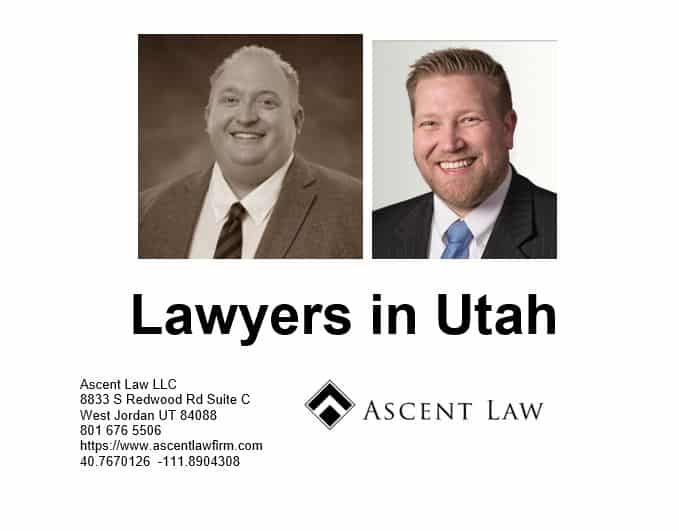

Lawyers are required to act in their clients’ best interests, a responsibility known as a fiduciary duty. When you are faced with a situation that forces you to hire a lawyer, you are already in a vulnerable position, and it is your attorneys’ responsibility to represent you or your business to the very best of their ability.
When an attorney fails to do so, their negligence or misconduct can cost you valuable time and money. Should you become the victim of legal malpractice, it’s important to know that you can still get the justice you deserve.
WHAT IS LEGAL MALPRACTICE?
Attorneys are required to adhere to reasonable standards of conduct when representing clients. Attorney negligence and legal malpractice can occur in either a litigation or transactional context, and in all areas of the law, including personal injury, commercial litigation, land use, real estate, corporate, tax, probate and estate, and contract drafting.
For example, one vital requirement in any litigation is recognizing and adhering to the Statute of Limitations, and properly and promptly advising clients of their available legal options. Statutes of Limitations are the rules that govern how long you have to file a particular type of claim, and vary from case to case.
As long as a client secures attorney representation well within the Statute of Limitations period, it is then the attorney’s responsibility to file the lawsuit before the Statute of Limitations expires.
Lawyers are also expected to have a thorough knowledge of applicable state and federal laws, as well as knowledge of their clients’ specific legal options.
Many attorney malpractice cases arise due to drafting errors. Transactional attorneys are required to follow client instructions when drafting contracts; otherwise, the client could face otherwise unnecessary financial and legal consequences.
It’s also important for lawyers to be transparent with clients about their litigation experience. Attorneys taking cases in areas of the law where they do not have the requisite experience could lead to errors and negligence down the line.
Attorneys should also turn down cases that could create conflicts of interest. Clients are entitled to legal representation that is fully committed to achieving their preferred outcome.
HOW IS ATTORNEY NEGLIGENCE DETERMINED?
It is not necessary to prove malicious intent on the part of the attorney; simple negligence can constitute malpractice.
To understand what constitutes attorney negligence, it can be helpful to consider the parallel of medical malpractice, which is more widely known.
If a surgeon fails to properly scrub up before an operation and the patient contracts an infection as a direct result, it is not necessary to prove that the surgeon had malicious intent. What is relevant is that any physician that is exercising normal care would follow proper hygienic procedures before undertaking an operation.
The same concept applies to legal malpractice claims. It is possible that your lawyers, for example, failed to file your lawsuit within the Statute of Limitations due to carelessness and not because they specifically desired to sabotage your case. Still, attorneys are under the reasonable expectation that they are aware of Statute of Limitations. If your attorneys are not reasonably careful to make sure your claim is filed in a timely fashion, their actions may qualify as negligence.
Another important consideration is that attorneys usually have insurance to cover any claims made against them for their negligence. This insurance is intended to be available to compensate clients who are injured by their attorneys’ errors.
How can I prove that my attorney was negligent?
From the perspective of a judge, jury, or arbitration panel, it must be demonstrated that, were it not for your attorney’s actions, you would have reached a more favorable outcome in your dispute. In legal terminology, this is known as “but for” causation.
Demonstrating “but for” causation could involve proving that if your lawyer had exercised reasonable care in advising you or acting on your behalf, you would have avoided the harm that resulted.
Although it can be difficult to trust another attorney after you’ve been the victim of legal malpractice, it is important to seek qualified legal counsel to file a malpractice suit. Even if your original lawyer is in the wrong, the reality is they have legal experience that you do not, making it that much harder for you to prevail against them.
Choosing a lawyer who specializes in professional malpractice on a contingency-fee basis is one way to diminish the financial risks.
Free Initial Consultation with Lawyer
It’s not a matter of if, it’s a matter of when. Legal problems come to everyone. Whether it’s your son who gets in a car wreck, your uncle who loses his job and needs to file for bankruptcy, your sister’s brother who’s getting divorced, or a grandparent that passes away without a will -all of us have legal issues and questions that arise. So when you have a law question, call Ascent Law for your free consultation (801) 676-5506. We want to help you!
8833 S. Redwood Road, Suite C
West Jordan, Utah
84088 United States
Telephone: (801) 676-5506
Recent Posts
Restoring Public Access To Public Waters
Utah Workers Compensation The Important Distinction Between Accident And Disease
What You Need To Know About Accounting Malpractice Lawsuits
Divorce Lawyer and Family Law Attorneys

